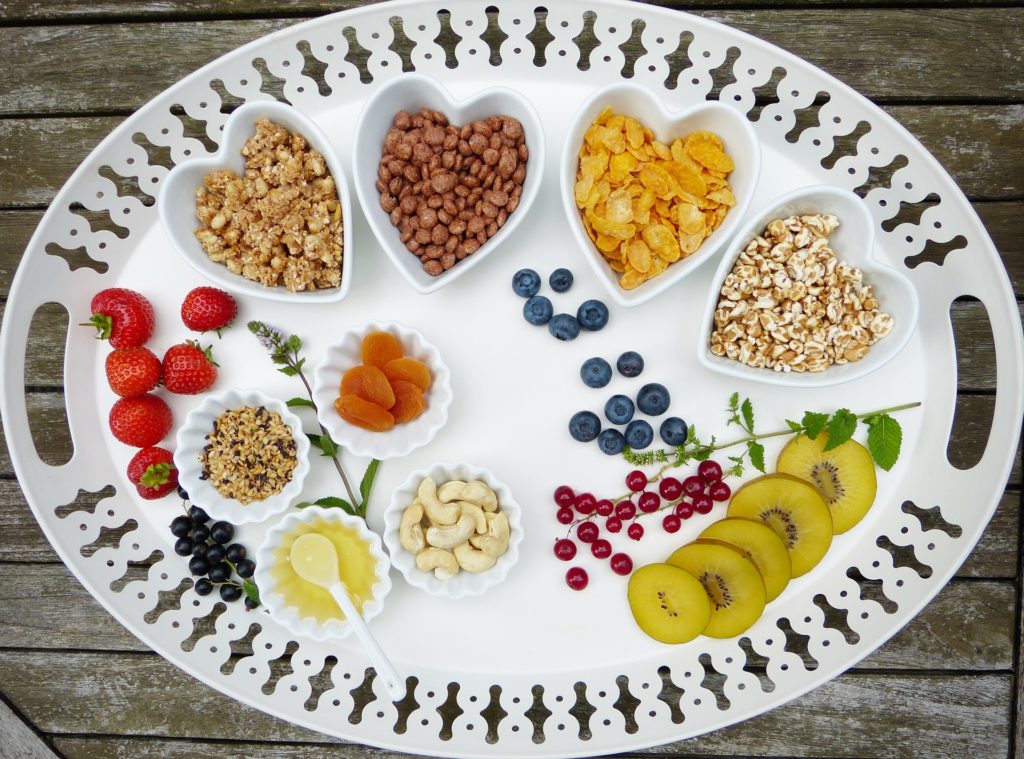
New research being presented at this year’s European Congress on Obesity (ECO) in Venice, Italy (12-15 May), suggests that replacing sugar-sweetened food and drinks with low/no energy-sweetened products can help weight control for at least one year after rapid weight loss in adults, without increasing the risk of type 2 diabetes or cardiovascular disease.
The findings of a year-long randomised controlled trial involving adults with overweight and obesity and children in the overweight range from Northern, Central and Southern Europe also found that consumption of sweeteners and sweetness enhancers (S&SE) was associated with greater diet satisfaction, more positive mood, and less cravings and explicit liking for sweet foods in adults.
The results follow a 2023 systematic review of the evidence by WHO, which suggested that replacing free sugars with non-sugar sweeteners did not appear to help with weight control in the long term and could raise the risk of various health problems, including type 2 diabetes and cardiovascular diseases. The report highlighted uncertainty around the evidence between sweeteners and disease outcomes [1].
“Weight maintenance after weight loss is difficult to achieve, and our findings support the use of S&SEs found in many foods and beverages worldwide as alternatives to sugar-sweetened products to help manage weight control in adults with overweight”, says trial lead author Professor Anne Raben from the University of Copenhagen in Denmark. “The findings also provide important information to address the controversies about potential adverse health effects. Until now, safety data have generally come from animal studies using sweetener doses far above the usual intake in humans.”
S&SEs have very high sweetening power but contribute little or nothing to energy intake. Natural and synthesised sweeteners, such as aspartame, stevia, and saccharin, are commonly added to products by the food and drink industry to cut the sugar content, and are consumed by millions of people around the world every day, for example in soft drinks, desserts, and breakfast foods.
However, the safety of these food additives and their use in appetite and weight control has been hotly debated, and little is known about the long-term effects of S&SE on eating behaviour.
Sweeteners show promise for weight control
To provide more evidence, researchers from the SWEET (Sweeteners and sweetness enhancers: Prolonged effects on health, obesity and safety) project, conducted a one-year randomised controlled trial to investigate whether the prolonged use of S&SEs as part of a healthy low-sugar diet could improve weight loss maintenance after rapid weight loss, as well as benefit risk markers for type-2-diabetes and cardiovascular diseases compared to no S&SE consumption.
Participants also completed questionnaires (at the start of the trial and after 2, 6 and 12 months) to assess the effect of S&SEs on diet satisfaction, control overeating, explicit liking and implicit wanting for food, eating behaviour, physical activity, and quality of life.
The trial recruited 341 adults with overweight or obesity (aged 18-65 years, 71% women, body mass index (BMI) ≥25 kg/m2), and 38 children with overweight (6-12 years, 60% girls, BMI-for-age >85th percentile) from Denmark, Spain, Greece, and The Netherlands through web pages, social media, newspapers and registries.
During the first 2 months of the trial, adults were instructed to follow a low-energy diet (the Cambridge Weight Plan) with the aim of achieving at least 5% weight loss. Children received dietary advice to maintain body weight.
In the following 10 months, participants were randomised to either a healthy diet with less than 10% of energy from added sugar allowing for foods and drinks with S&SEs (S&SEs group), or a healthy diet with less than 10% of energy from added sugar not allowing foods and drinks with S&SEs (sugar group).
At the start of the trial and after 2, 6, and 12 months, participants took part in clinical investigation days to measure change in weight, in BMI-for-age z-score in children (a measure of how many standard deviations a child’s BMI is above or below the average BMI for their age and sex), anthropometry, and risk markers for T2D (e.g., glucose and haemoglobin A1c) and CVD (e.g., cholesterol). Participants also completed food frequency questionnaires and urine samples were collected to measure biomarkers of S&SEs, fructose and sucrose to measure compliance [2].
As planned, intake of sugar-rich foods and beverages declined in both groups over the trial, but significantly more in the S&SE than in the sugar group. At the same time, intake of S&SE products increased in the S&SE group and declined in the sugar group. These results were confirmed by urinary biomarker analyses.
The intention-to-treat analyses (including 277 adults who successfully lost 5% or more body weight after the 2-month weight loss period) found that those consuming S&SEs had slightly better weight loss maintenance after 1 year than the sugar group (average weight loss of -7.2kg vs -5.6 kg making a difference of 1.6 kg).
Additionally, in 203 participants who completed all clinical investigations, risk markers for type 2 diabetes and cardiovascular disease did not differ between the groups.
No differences in BMI-for-age z-score or other outcomes were noted in the 22 children who completed the trial. A larger study would be required in more children to determine any potential effect, researchers say.
Sweeteners reduce cravings for sweet foods and improve well-being in adults
In further analyses of eating behaviour, researchers found that adults in the S&SE group reported greater diet satisfaction when eating out, increased positive mood, and lower craving for sweet food at 6 months than the sugar group. In contrast, adults in the sugar group had greater liking for sweet over savoury foods at 6 months and 12 months. However, there were no differences between the groups in reported physical activity or quality of life.
In children, replacing food and drinks with added sugar with sweetened products had no impact on eating behaviour or physical activity. However, inclusion of S&SEs appeared to benefit children with high levels of uncontrolled eating (eating in response to food palatability [tastiness] and the likelihood of over-consuming).
As co-lead author Ms Clarissa Dakin from the Appetite Control and Energy Balance Research Group at the University of Leeds, UK, explains, “Our findings suggest that the inclusion of low/no energy sweetened products may benefit children who show high levels of uncontrolled eating. For these children, being allowed to consume S&SEs led to lower levels of uncontrolled eating at 12 months in comparison to the children who were not allowed to consume S&SE’s. This benefit was not found for children with lower levels of uncontrolled eating. Together, these findings provide important insights for the ongoing re-evaluation of food additive sweeteners by the European Food Safety Authority and other health agencies worldwide.”
Professor Jason Halford, Head of the School of Psychology at the University of Leeds, UK, one of the SWEET co-authors and President of the European Association for the Study of Obesity (EASO), says, “’The use of low calorie sweeteners in weight management has been questioned, in part because of the link between their use and apparent weight gain in observational studies, however, increasingly it is becoming apparent that is not the case in long term studies.”



